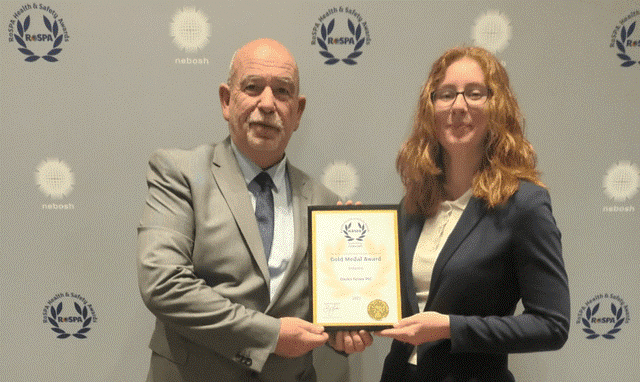Maria Malinowska, Director of Financial Institutions at Bolero International, explains how to use trade finance technology as an effective corporate service enabler

In today’s competitive and highly complex banking industry, global banks are actively exploring the use of collaborative technology as a means of improving and furthering relationships with their key corporate customers.
Asked their views on a digital trade ecosystem (where multiple trade parties are connected over a common electronic platform), 39% of participants in a recent industry webinar agreed that the biggest benefit for participants was the opportunity to make operational efficiencies, 16% prioritised reduced risk and one in ten said it was the potential to improve working capital. Interestingly, the same number (10%) saw the biggest benefit as being the potential to improve business relationships – highlighting an important and growing trend.
This is especially true in the banking community, where organisations that initially adopted the technology to serve the requirements of their key corporate clients are actively looking to develop and utilise a collaborative trade finance platform to support a broader set of client needs.
Single platform for multi-bank transactions
To date, many banks have invested heavily in their own client portals, giving customers an electronic gateway to digital files, services and information through a web browser. This has been effective in supporting up to 97% of their client relationships.
Yet, when it comes to global corporates, which are typically multi-banked, a higher level of service is expected to meet their requirements. When managing their bank relationships, these key customers will be reluctant to access up to 30 different bank portals and will also want the capability to follow a trade transaction end-to-end.
As such, for corporate users, the fact that a connected trade finance platform gives them the ability to track transactions beyond the corporate ERP system offers a good deal of value. As trade documents progress between exporters, importers, banks, insurers, carriers and logistics providers, solutions which support electronic presentation of documents (ePresentation) can ensure the bank’s key clients see a secure exchange via a single, continuous end-to-end process and connectivity platform.
For international trade transactions, ePresentation is an effective paper-free way to carry out a full electronic presentation of shipping documents, including an electronic bill of lading which has full title and originality status. This means a complete and legal exchange of documents can take place between a seller, their buyers and banks. For this type of collaborate technology, all parties must sign to agree the terms of a common legal framework or rulebook, given the parties are known to each other via the connectivity platform.
While the solution is often adopted for its efficiency benefits, it is also valued for its significant contribution in reducing the risks and uncertainties associated with paper documents and its ability to track and monitor, thereby providing an auditable trail of the trade transaction which is of fundamental importance for compliance and risk purposes. Together, these factors are prompting many leading trade finance banks to appoint senior ePresentation champions internally to connect their clients on ePresentation worldwide.
In this way, the banks are utilising their global network to increase visibility of trading counterparties such as buyers and suppliers, insurers and carriers to create a trusted environment for trade growth.
Customer insight
From a commercial standpoint, the fact that secure technology is able to de-risk the trade process gives banks more opportunity to focus on other requirements for key clients. Using traceable data on trade transactions, they can also build a more comprehensive trade history and can maintain greater visibility and traceability of transactions for compliance, internal control and reporting purposes.
This increased visibility over daily activity plus wider connections with trading counterparties are helping the banks to develop closer relationships with their key clients and to build a deeper level of understanding of their business. In turn, this new insight is giving the banks more confidence to support larger trade transactions or related business opportunities.
Capitalising on the increased level of confidence engendered by these ongoing monitoring and essential due-diligence activities, this detailed activity knowledge can be a springboard for driving higher volumes of larger transactions. As well as seeing increased business opportunity, by offering their clients essential trade connectivity, banks are also in a stronger position to give value and certainty to the client when it comes to transaction approvals, speed of process and security.
Evolving opportunity for banks and international trade
As electronic trade finance technology becomes increasingly used and valued as a means of connecting buyers and sellers with financial institutions, forward-thinking banks are building advantage in the market place based on their increased client knowledge.
Rather than being held back by regulation and best-practice guidelines, the established systems and connections generated between trading counterparties makes securing repeat business a more viable prospect. This allows the bank to turn regulatory compliance and service excellence into a key market differentiator.
Inevitably, more financial institutions are looking to online applications to manage trade processes for guarantees, letter of credit (LC) applications, eUCP presentations and electronic bills of lading – all of which can help them and their clients to manage, approve, route and report on trade transaction flows.
Based on the resulting intelligence gathered from these electronic connections, a number of astute banks are evolving their international network infrastructure with the aim of boosting their clients’ experience, as well as developing a globally-enabled agile trade finance capability.
www.bolero.net





